Liberty is not a destination, rather a journey. It is not enough to say we live in a free society, we must defend liberty every step of the way.
∞ Rob McBride ∞
SS VIII vii 4
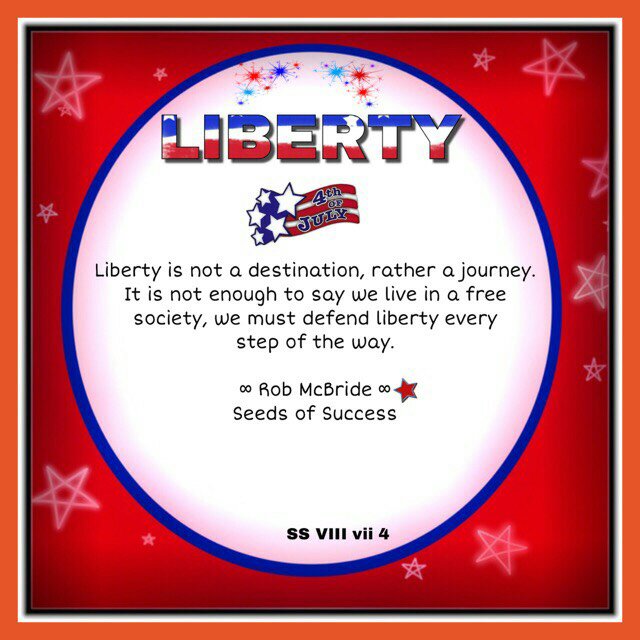


Lighthouse of ✌️ 🙏 ❤️ / Faro de ✌️ 🙏 ❤️
Liberty is not a destination, rather a journey. It is not enough to say we live in a free society, we must defend liberty every step of the way.
∞ Rob McBride ∞
SS VIII vii 4

La libertad no es un destino, sino un camino. No es suficiente decir que vivimos en una sociedad libre, debemos defender la libertad a cada paso.
∞ Rob McBride ∞
SE VIII vii 4
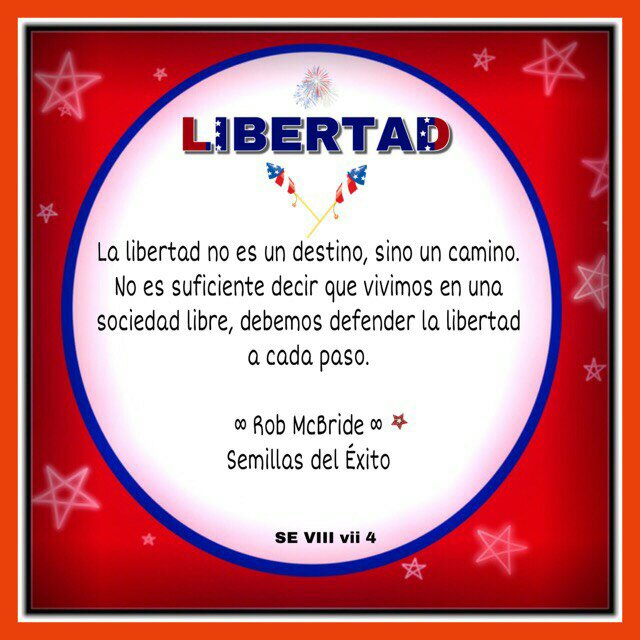
Lo que se hace con calidad requiere constancia. No se trata de hace algo más rápido, sino hacerlo con propósito para que valga la pena.
∞ Rob McBride ∞
SE VIII vii 3
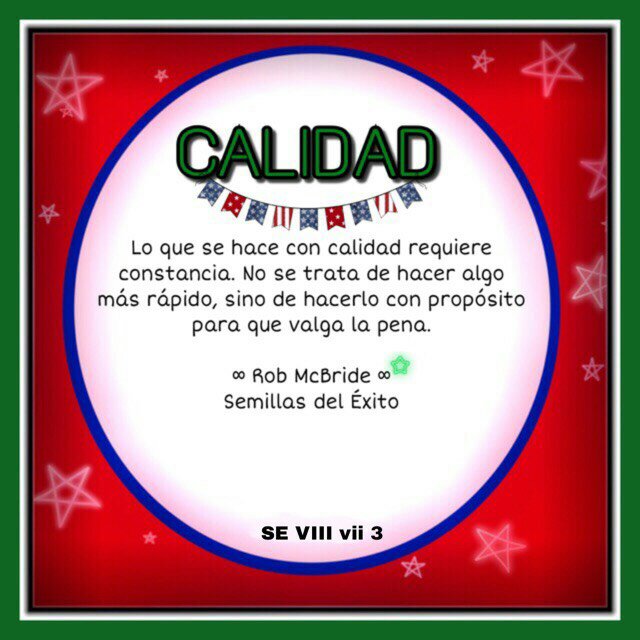
To do something with the quality takes constancy. It’s not about doing something quickly, rather doing it with purpose to make it worthwhile.
∞ Rob McBride ∞
SS VIII vii 3

Activity with intention creates more opportunities. Get up, get out into the world, and do what must be done to get to where you want to be, if you haven’t already gotten there.
∞ Rob McBride ∞
SS VIII vii 2
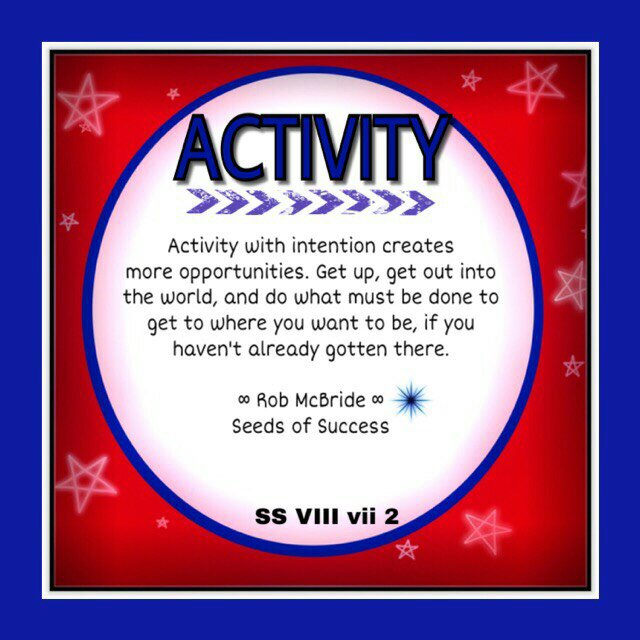
Actividad con intención crea oportunidades. Levántate, sal al mundo y haz lo que tiene ser hecho para llegar a donde quieres estar, si aún no has llegado.
∞ Rob McBride ∞
SE VIII vii 2
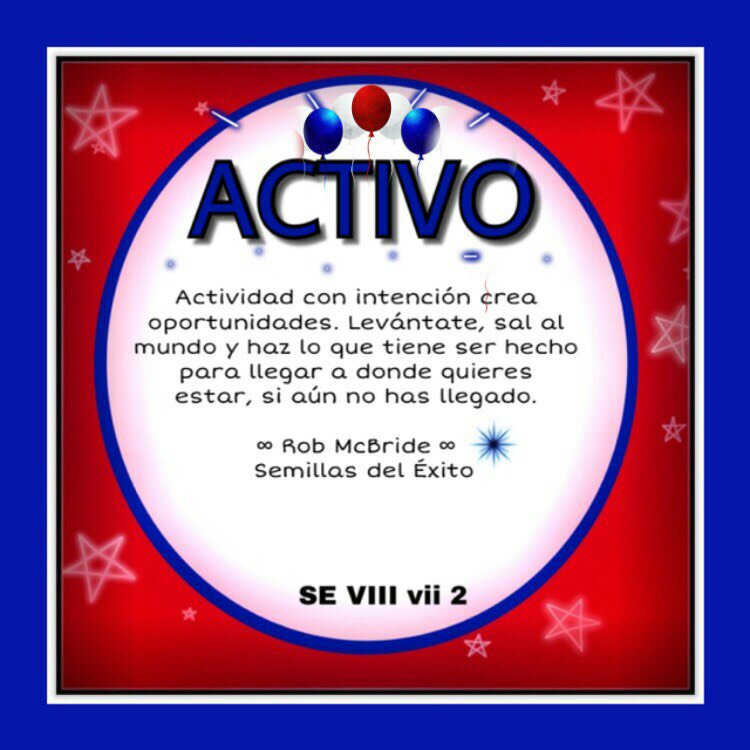
Los sueños pueden ser como un oasis fresco en un caluroso desierto. Continúa soñando para llegar al paraíso y no quedarte en el intento.
∞ Rob McBride ∞
SE VIII vii 1

A dream can be like a fresh oasis in the middle of a burning desert. Keep dreaming in order to get to paradise and not get stuck along the way.
∞ Rob McBride ∞
SS VIII vii 1
